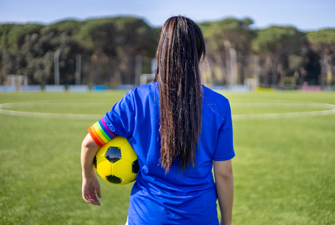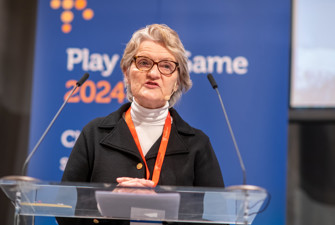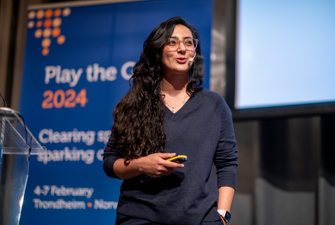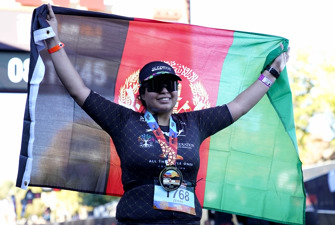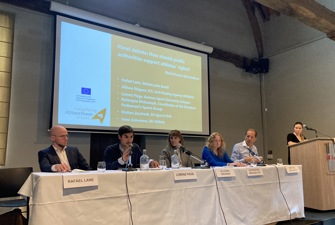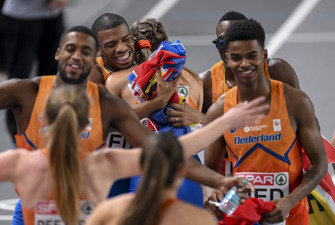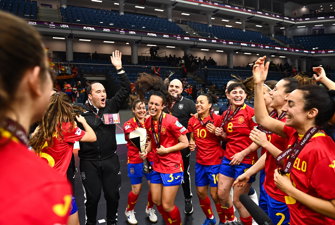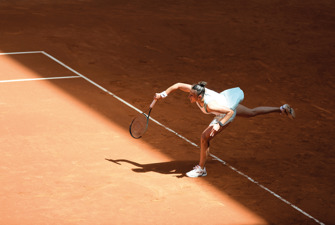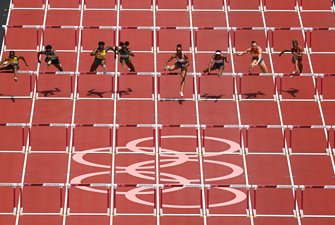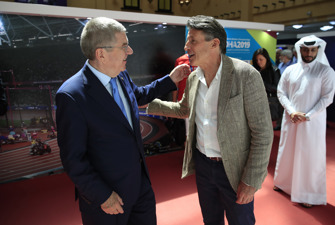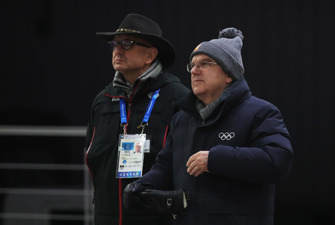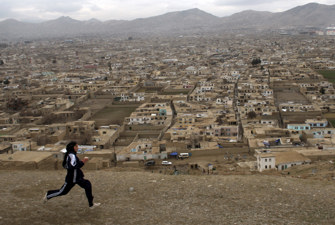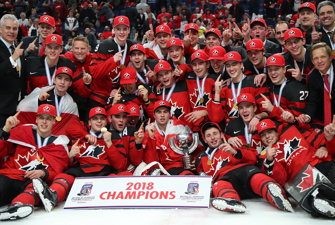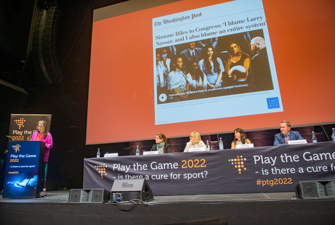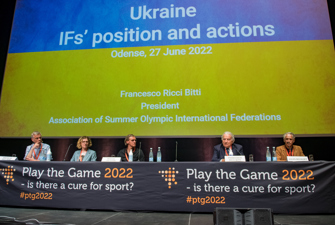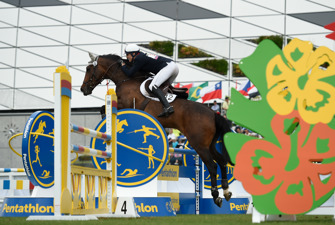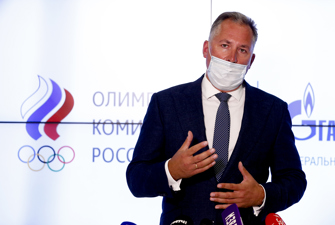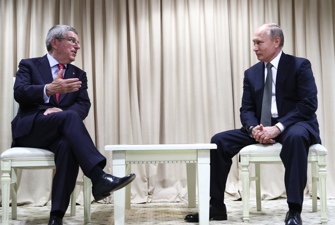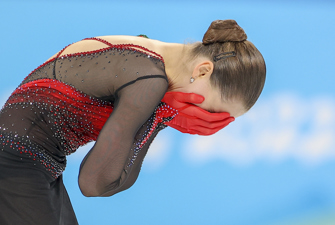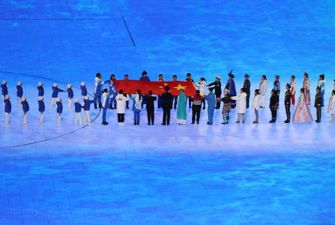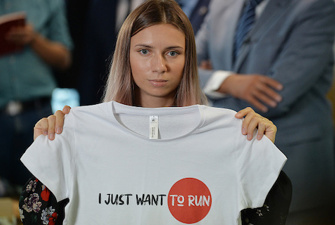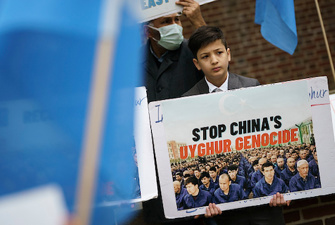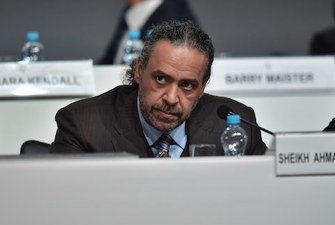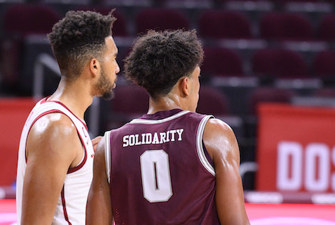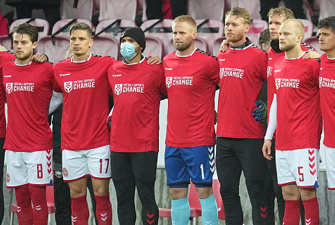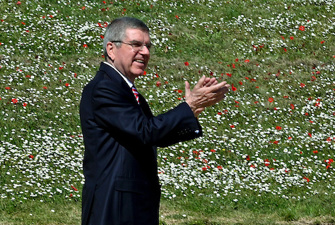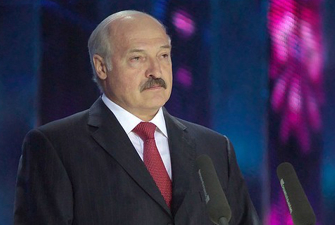To stand up for Olympic values it may be necessary to kneel as well
OPINION: Lawyer Sylvia Schenk adds her voice to the many calls on the IOC to clarify what it counts as a political statement for athletes, and to resolve its own dilemma in Belarus.
Opinions on playthegame.org reflect the views of the author(s).
In terms of age, we are only one and a half years apart, but in terms of the Olympics I arrived four years earlier - and that means we are ages apart.
When IOC President Thomas Bach writes in an essay how he “could feel the Olympic spirit come alive” the moment he moved into the Olympic village in Montreal 1976, thus opening “his eyes to the unifying power of sport," then my departure from the Olympic Village at the end of the Munich Summer Games 1972 still stands vividly before my eyes: Traumatised by the murder of 11 Israeli Olympic participants and a German police officer. The vulnerability of the Games, unforgivably underestimated by the German authorities, had been brutally exposed. The Olympic spirit united us in grief.
Since then I have known: The Olympics must be able to defend itself if it wants to fulfill its mission and has to take care not to be abused.
For Bach, the Olympic competitions can be "a model for a world in which everyone follows the same rules". But corruption, scandals of abuse as well as systematic doping - orchestrated by officials in several sports associations and countries - undermine this claim.
The rules of sport may be the same for everyone, but which rules apply beyond the competition, and more importantly: Who benefits from these rules and who is harmed or at a disadvantage?
Silence is also a political statement
Bach postulates: "The Olympic Games are not about politics.” But the political neutrality Bach invokes must not lead to self-castration. To refer to the adage that "neither the awarding of the Games nor participation in them ... represents a political judgement about the host country" opens the door to misuse.
For silence can also be an eminently political statement as witnessed by the Olympic Games in Berlin 1936. The IOC kept silent on the specifics of the Nazi Games, so that the victory of the Afro-American Jesse Owens in the men's 100m final race turned into an - unplanned - political demonstration.
32 years later, in Mexico City 1968, Tommie Smith and John Carlos, first and third in the 200m final, protested with a fist in a black glove at the award ceremony against the racism that they too experienced in their American homeland.
The protest was against the rules and, as IOC consultant Michael Vesper succinctly states in the German newspaper, Frankfurter Allgemeine, they "have been punished for it.” Not a word about the fact that 50 years later the action and its punishment are assessed quite differently.
Crucial that the IOC sets clear boundaries
The IOC's current offensive for political neutrality and compliance with rules is directed against athletes who want to actively fight for the respect for fundamental Olympic values.
At issue is Rule 50(2) of the Olympic Charter: "No kind of demonstration or political, religious or racial propaganda is permitted in any Olympic sites, venues or other areas.“
Of course, all sorts of horror scenarios can be conjured up: an award ceremony where the winner demonstrates for liberal abortion rules, the second defends the tightened Polish law on the same issue, and the third holds up a picture of an embryo. Who wants that?
What is crucial is the demarcation of boundaries: What does "demonstration" or "propaganda" mean? Is active commitment to the Olympic values an expression of a personal opinion? In view of the state of the world, isn't such a commitment what is needed right now to assert the Olympic spirit?
The dilemma between a gesture against racism and the dignity of an award ceremony cannot be solved by referring to the ban on "racist propaganda".
How the dilemma could be resolved is shown by the demand of the independent athletes organisation, Athletes Germany e.V., to make the "commitment for democratic basic values or the realisation of human and basic rights" - which ultimately means: for the Olympic values - possible through "detailed rules and clear agreements". But the IOC has yet to react to this demand.
FIFA is much more flexible in this respect: at the 2018 FIFA World Cup in Russia, it classified women's protest against the stadium ban for female spectators in Iran as a "social concern". This legitimised the banners.
Football also reacted pragmatically to the BlackLivesMatter movement: although the use of the pitch for "non-sporting rallies" violates the principles of football, anti-discrimination and anti-racism are fundamental principles of football, which is why there are no penalties when footballers kneel down.
The IOC should face up to its own problem in Belarus
First of all, the IOC should face up to its own dilemma and clarify it as quickly as possible: the Belarusian dictator Lukashenko, who - what even the IOC cannot deny - is engaged in massive repression against his own population, including athletes, is also president of the National Olympic Committee (NOC).
Political neutrality becomes a farce as long as politics and Olympic sports are so intertwined, but the IOC makes a strict distinction between the role of head of government and that of NOC president. Can the NOC's silence in Belarus regarding repression, especially against athletes, seriously be interpreted as political neutrality and thus approved?
It is high time to work with athletes to find a way to convincingly combine the commitment to Olympic values with political neutrality in Tokyo 2020 and - probably even more explosive for the IOC - Beijing 2022.
According to Thomas Bach it is worth "fighting day after day to ensure that the Olympic Games can unfold this magic and unite the whole world in peace.”
This fight requires to stand up for the Olympic values - and if necessary - to kneel as well.
This article was first published in the German newspaper, Frankfurter Zeitung, on 31 October 2020









